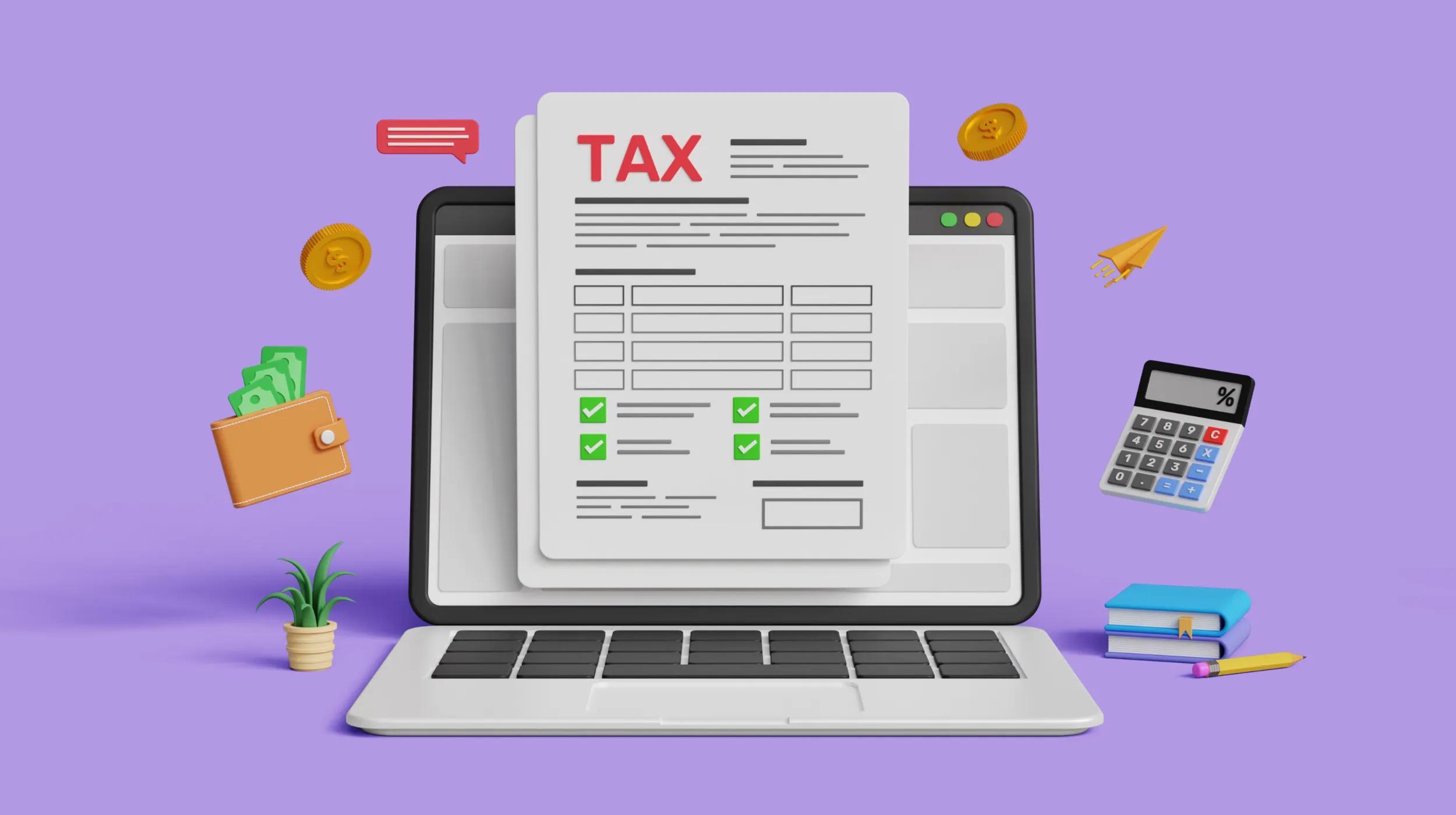This post was originally published on May 19, 2015, and was updated on Aug, 14, 2019.
How do you know when it’s time to expand your business?
Some entrepreneurs roll with a gut feeling — the “when you know, you know” mentality, where everything clicks into place.
Entrepreneurship may be full of risks, but I’m willing to bet the vast majority of small business owners wouldn’t ride by the seat of their pants when it comes to business expansion.
They likely have a plan in place, covering everything their newly expanded business needs — from leasing an additional commercial property space to hiring new employees to join the staff.
Expanding a small business can be an exciting time for entrepreneurs.
It’s a win-win-win across the board for everyone including the business, people involved with it and the nation as a whole.
Revenue and cash flow are rising, which benefits the business. Entrepreneurs then have the ability to hire employees, which benefits the lives of talented employees. Ultimately, expanding a business helps strengthen the country with small businesses acting as the backbone of the U.S. economy.
However, it’s important not to let your excitement for expansion cloud your judgment or preparation plans.
Related: Grow It — Taking your Journey to the next level
4 questions to ask before expanding a business
Ask yourself the following questions before expanding your business:
- Have you conducted thorough market research and established a timeline?
- If you have bestselling products or services, can you add on or diversify?
- Can you afford to expand or will you need extra capital?
- Is it possible to establish mutual partnerships with other like-minded businesses?
Are you ready to take your business to the next level? Answer these questions first to see if you’re prepared to make the leap forward. If you find you’re ready to do it, make sure to take care of the three key areas we outline below to keep your business in compliance.
1. Have you conducted thorough market research and established a timeline?

Why should you expand your business now? The answer should be more succinct than “We’re doing more business than we can handle!”
Your business may have certain elements, like a solid customer base and best-selling products or services, that are keys to its success.
However, that doesn’t mean it’s time to start opening up random storefronts all over the place.
Begin conducting research regarding your plans for business expansion.
Are customers seeking you out? That’s great! Research how they’re finding you, whether it’s through traditional advertising like billboards or email newsletters as digital marketing.
Learn more about their demographics, location and how you can reach them.
If you discover that your customer base lives predominantly in a certain city or state, you may choose to open up a storefront in that area.
Once you’ve conducted your market research, begin establishing a timeline for business expansion.
Outline your plans for the company’s expansion over the short term (six months) and slightly longer term (one year). Give yourself a clear idea of what to anticipate with that expansion and its changes.
Remember to be reasonable in your expectations.
2. If you have bestselling products or services, can you add on or diversify?
You know what’s better than one bestseller? Two bestsellers — or more bestselling products and services than you can count!
There are two strategies business owners can take if an existing product or service is successful.
- They can add new products or services into their lineup.
- They can tweak existing offerings that might not be popular now to becoming appealing to customers.
Creating new products or services make take a bit of time to test and work out the kinks, so be mindful of that in your expansion plans.
It may be more cost effective to take items that already sell a little, but have the potential to sell a lot, and hit refresh.
Opting for one — or both — strategies allows your business to expand its revenue streams and meet customer needs.
Related: 5 tools for product market testing on a budget
3. Can you afford to expand or will you need extra capital?

Are you considering physically expanding to the point where you will need a brick-and-mortar storefront or even a warehouse to ship goods? If so, it’s crucial that you go in financially prepared.
Think back to when you first started your business. How did you fund it? Maybe you bootstrapped or dipped into personal savings. You might have taken out a business loan or applied for and received a relevant small business grant.
Extra capital may be necessary in order to expand your business.
Look into your financial options, decide how much you need, and consider the amount you can afford to pay back in full.
Remember that all eyes will be on your credit (and possibly that of the business!), so put your best foot forward. Pay down, or off, any existing debt, and always make timely payments.
This better positions you as an attractive candidate for loans or other financing options.
Related: 10 small business funding options
4. Is it possible to establish mutual partnerships with other like-minded businesses?
This ties in with the strategy for adding on or diversifying bestselling products and services. Consider establishing a mutual partnership with another business in your field.
There are several ways a partnership can aid business expansion.
Partnerships introduce a business to a new audience, exposing it to growth and word-of-mouth opportunities.
The best partnerships are fueled by key ingredients including engagement by partners, customer engagement, and mutual benefit for both parties.
Start by researching potential like-minded businesses with whom you could partner. Perhaps they offer a product or service that you do not and vice versa.
By establishing a mutually beneficial partnership, you are able to identify and provide offerings that meet the needs of each respective customer base.
Related: How to market a local business through strategic collaboration
Ready to expand your business? Take care of these 3 areas
You’ve determined that you’re ready to expand your business.
You’ve drafted a detailed timeline. You developed strategies to diversify your offerings. And you’ve figured out whether or not you need additional capital. You might even have established a partnership with another business.
Now, it’s time to set your expansion plans in action, being sure to follow these three important steps.
- Communicate details with your team.
- File a foreign qualification.
- Spread the news with your customers!
Let’s look at each to-do item in more detail.
1. Communicate details with your team
If you’re planning to expand physically, like opening up another storefront location, it’s critical that everyone on your team is on the same page.
Communicate with your existing employees, and begin outlining the who, what, when, where, why and how for expansion.
Some details you may address include:
- Will new employees be hired to work at the new location? Can existing employees relocate?
- Why did the business choose to expand to XYZ city or state? Is it small-business friendly?
- How do we plan on sharing the expansion news with customers?
- Will there be new contact information and, if so, how soon will it be available?
- What date does everything go into effect?
Encourage employees to share their feedback and thoughts on the expansion.
Be ready to explain why it’s necessary and address any concerns.
Use this time to thank your team for all of their support and dedication.
After all, without their hard work toward reaching a common goal, the business might not be able to expand as quickly as its able!
 2. File a foreign qualification
2. File a foreign qualification
If you’re planning to expand to another state, opening up shop will mean doing more than packing up and shipping out to the new store. You’ll need to register your business to operate in that state and file a foreign qualification.
Generally, if a business is expanding to a new state, it means that this is not the same state they initially incorporated in. Filing a foreign qualification allows the business to register the company there as a foreign entity. Once registered, they have obtained authority in order to do business.
How do you know if you foreign qualify?
Beyond planning to open up a storefront and establish a physical presence in that state, businesses also foreign qualify if they conduct business in that brick-and-mortar storefront and pay employees to work there.
Certain documents are necessary in order to be approved for a foreign qualification. In fact, it’s a process that can be broken down into three easy steps.
1. Apply for a certificate of good standing from the state of incorporation
A certificate of good standing proves that your business knows how to meet its tax and filing obligations. It shows that your company is in compliance with its existing state.
2. File your foreign qualifications documents with the state where you’re planning to conduct business
Additional information, such as documents relating to your home state and entity type, may also be requested.
3. Your completed documents will be forwarded to the state where your business is planning to expand
The Secretary of State will review your documents and decide on approval. If approved, you’ll receive a certificate of authority from the state (hang on to that for your personal records) and you’ll be ready to conduct business.
Then, there’s just one more thing that needs to be done …
3. Spread the news with your customers
Once you know you’re ready to expand your business, start spreading the news with your customers.
You may decide to share news about expanding your offerings or moving to a physical location by distributing national press releases and conducting interviews with members of the press to share in print and digital media.
Additional spaces where you can cover news about business expansion include email newsletters and any social media platforms where your business has an established presence.
GoDaddy Email Marketing makes it easy to create, send and track mobile-friendly emails.
Make sure you cover any changes in existing contact information. Encourage customers to follow your business on social media platforms and to sign up for email newsletters to stay in the loop on future endeavors to come.
Related: What is a media kit and how do you create one?
Is business expansion worth the risk?
There are a lot of “what ifs?” that come with entrepreneurship. Business expansion is a huge one.
What if you expand the business to another location and nobody visits?
What if you expand the product offerings and nobody buys them?
If it doesn’t work out, you may find yourself wondering if it was worth it in the end.
However, the “what ifs” never actually go away in business.
What separates great entrepreneurs from good ones is being ready and willing to take a risk.
There’s never going to be the “perfect” time for expansion, and I can’t assure you that every business that expands will be successful either.
What I can say is that if you work hard, have a positive attitude and listen to your gut instinct, it’s worth it to explore your hunch that the moment to expand business is now.
Entrepreneurs are unique in that we can identify needs and desires in a market that are not being met. If you instinctively feel that it’s time to explore your hunches, go for it. Test the waters. Research a new location that could be a great spot for your business. Roll out a limited product or service you believe might do well.
Remember that instinct is one of an entrepreneur’s most useful tools.
There are other elements that help businesses to succeed, like a talented team, solid customer base and bestselling product or service. Without instinct, however, it’s easy to fall into a pattern and become wary of changing the formula even for expansion’s sake.
Always be on the lookout for signs that it’s time to expand. Knowing when the iron is hot enough to strike is crucial to staving off stagnation.
The above content should not be construed as legal or tax advice. Always consult an attorney or tax professional regarding your specific legal or tax situation.







